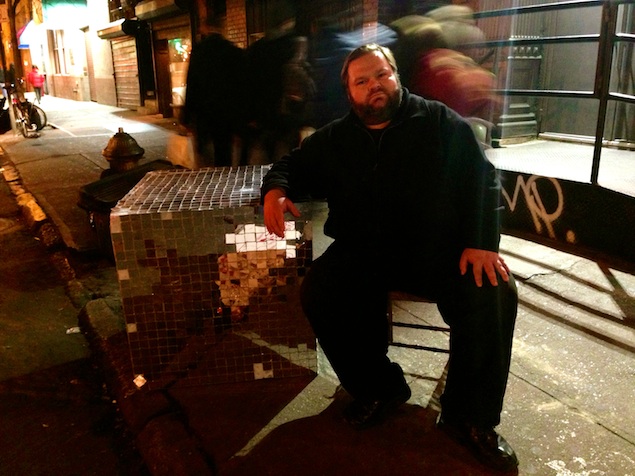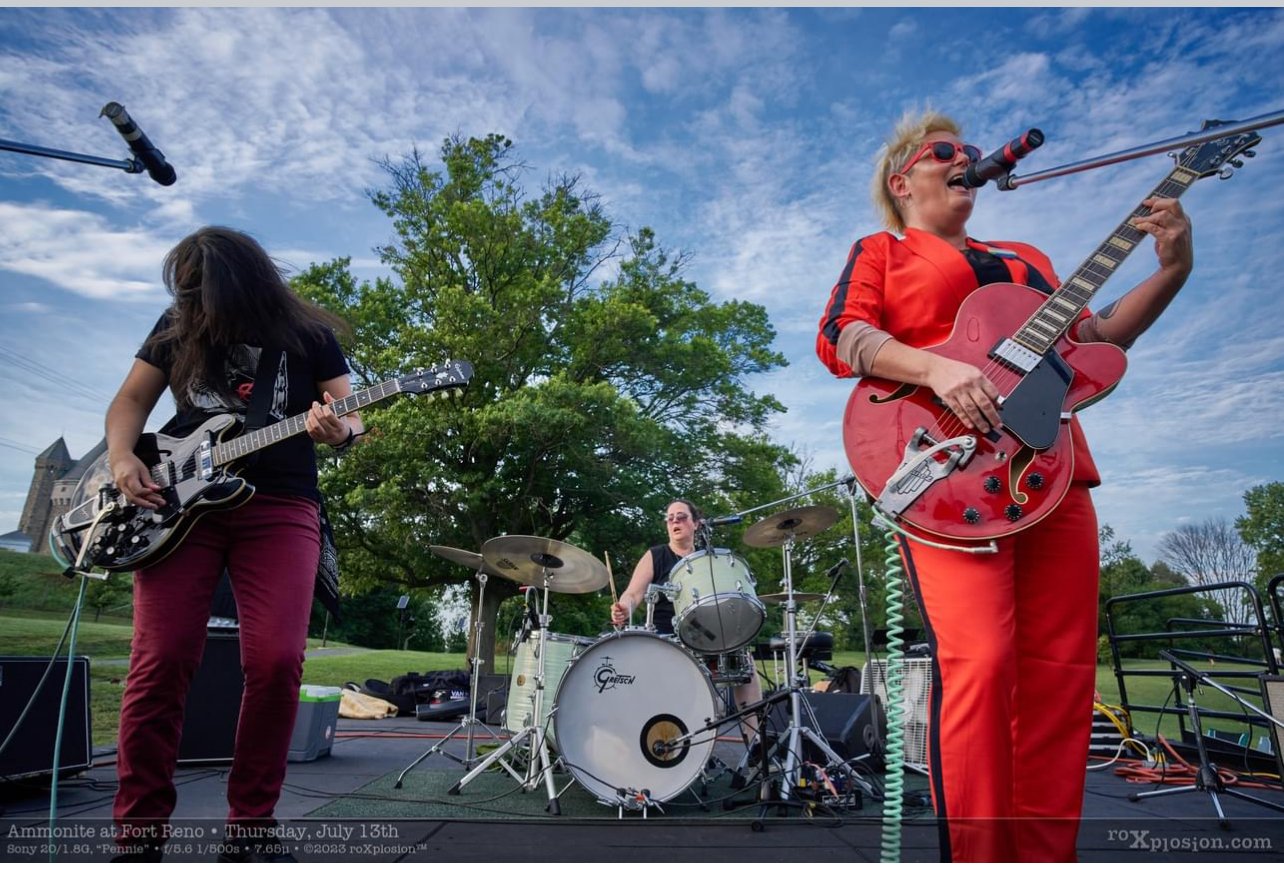
When it comes to skewering hapless souls blindly going about their business, there’s
really nobody who does it better than
Mike Daisey. In his new show,
American Utopias, currently playing at Woolly Mammoth, the bellicose monologuist turns to the ripe
fodder of Burning Man and Disney World; the first with its quasi-autonomous hippies
ingesting hallucinogens in the desert, and the second with its scores of manic children
ingesting sugar in the swamplands of Orlando. When Daisey describes the “sexy tramps,”
his campmates at Burning Man who look like “extras from the last two bad
Matrix movies,” or the princesses being corralled with Goofy-branded tasers, fairy corpses
dangling from their mouths, it’s hard not to laugh until your teeth hurt.
American Utopias is almost endlessly entertaining, but what makes it problematic is when Daisey’s
schtick crosses the line from gentle jabbing to full-on polemicism. It feels burdensome
to bring up (yet again) the scandal that engulfed his show
The Agony and Ecstasy of Steve Jobs last year (when an episode of
This American Life featuring his monologue was retracted after parts of it were revealed to have been
embellished)—but it’s impossible not to when Daisey insists on crowning himself as
America’s conscience. He’s a brilliant storyteller, a sharply original theatrical
talent, and a fiercely clever thinker. But none of that seems to be enough. In
American Utopias he’s part social reformer, part human guinea pig, and part cult leader, and the way
he forces the audience to be complicit in his activism can be uncomfortable, to say
the least.
Originally designed as a two-part monologue about the wretched excess of Disney World
and Burning Man,
American Utopias was retooled somewhat when the Occupy movement was born. The Zuccotti Park occupation,
which Daisey never actually witnessed firsthand, is the weakest part of the work by
far—the narrator abandons humor for the most part and focuses instead on what he sees
as the egregious and unconstitutional actions of Mayor Bloomberg and the city’s cops
in evicting protestors in the dead of night, under the shelter of a media blackout
and a no-fly zone. Daisey describes talking to a kid he met who began screaming in
agony after his hands were hog-tied for hours, and a cop who shrugged off his own
role by saying the rich Wall Street bankers who worked nearby needed to be kept safe.
It all comes off nicely pat, and feels too outraged a narrative for someone who never
got closer to Occupy Wall Street than the time he pondered ordering the protesters
a pizza.
Daisey’s framing of Burning Man and Disney World as utopian communities thriving within
their own unique landscapes is interesting, but it isn’t particularly original. The
latter in particular has been pondered in detail by everyone from Umberto Eco to Jean
Baudrillard, who also wrote a whole chapter on “Utopia Achieved” in his 1986 book,
America, and described Disneyland as “a paradise . . . mournful, monotonous, and superficial
though it may be.” Nevertheless, Daisey’s narrative, in which slightly psychotic adults
and hopped-up kids suffering through horrendous serotonin depletion eat breakfast
while surrounded by giant, grotesque mascots (inside which are graduates of the Yale
School of Drama), is nothing short of hysterical.
Also funny: the bizarre environment of Burning Man, in which everything is free, the
heat is constant and searing, giant pink Lycra cubes appear out of nowhere and roll
toward the coffee tent at 6:11 AM, and Daisey and his wife (and co-director) Jean-Michele
Gregory console themselves by agreeing that if things get too weird, they’ll get into
their cars and flee. But even this section feels troublesome—Daisey talks openly about
the trippiness of it all but doesn’t disclose his own state of sobriety or otherwise,
and insists on using the word “titties” repeatedly to refer to breasts, in addition
to some far cruder language (this is in no way a family-friendly show).
While
Agony and Ecstasy featured blinking fluorescent lights as a backdrop,
American Utopias is far easier on the eyes. Daisey
sits at his habitual desk in a vortex in the middle
of the stage with what look like muddy footprints surrounding
him. Shifts in lighting
signify his switch from one location to another (Burning Man is
set up in ambers and
deep reds, while Zuccotti Park is brighter). At one point, a
prop appears as if from
nowhere, and the show incorporates some effective and
uncomfortable video footage
from the Zuccotti Park raid, which Daisey says he downloaded
via the file-sharing website BitTorrent
(you can find a teaser for it quite easily through Google on
Salon.com).
Despite the refreshing multimedia elements, the Occupy section drags on and on, and
Daisey jokes himself that the show will be criticized for its length (it’s around
two hours and 15 minutes with no intermission). There’s a surprise at the end that
I won’t spoil, but suffice it to say it adds more fuel to the fire upon which Daisey
self-immolates as our national moral compass. Does he necessarily deserve that honor?
As Depeche Mode might say, it all depends on your own personal Jesus.
American Utopias
is at Woolly Mammoth through April 21. Running time is about two hours and 15 minutes,
with no intermission. Tickets ($35 to $67.50) are available via Woolly’s website.
















